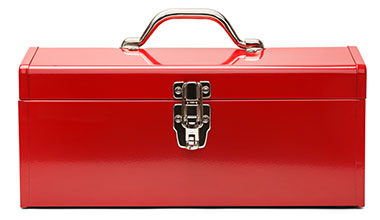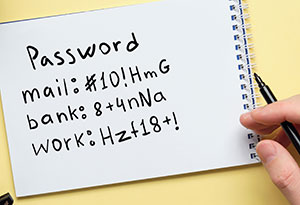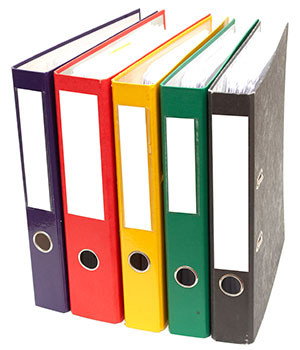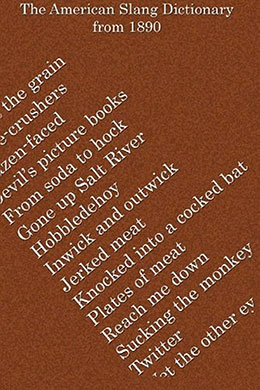 The other day a plumber came to our house to fix a busted faucet. He came in a small truck, full of tools and supplies. When he entered the kitchen he carried his toolbox.
The other day a plumber came to our house to fix a busted faucet. He came in a small truck, full of tools and supplies. When he entered the kitchen he carried his toolbox.
That gave me a thought; does a writer have a toolbox? What are the essential devices I need and use to write? Are there tools for my trade?
- My desk. It’s an antique one (of uncertain age) with a heavy, slanted lift top. I don’t like it, but it was given as a special gift, not to be refused. (But when I visited Walden Pond I was pleased to note that in Thoreau’s reimagined cabin, my desk was like his.)
- A comfortable chair that gives good back support.
- There is my PC computer, along with a keyboard and mouse. I’m fussy about the keyboard. I like to feel the keys move, a hangover from my typewriter days. That said I don’t know how to use the computer very well, and all too often call out: “Linda! Come quick! Everything I just wrote has vanished!”
- On the PC is a camera for conducting class visits. Headsets so I can hear the kids talk.
 A little book in which I keep ID and password information for the various programs that I all too often forget.
A little book in which I keep ID and password information for the various programs that I all too often forget. - I also have a laptop. To be sure it’s used when I travel, but also when I’m checking something on my manuscript, I bring up the same manuscript on my PC and crosscheck.
- A printer. I compose on the computer, but constantly print and work on the printed page.
- Paper. Is paper (a first-century Chinese invention) a tool? No, but surely essential. I’m embarrassed by the quantity I use.
- Printer ink. See above. Absurd how much it costs.
- Pen for paper editing. “Profile” brand. Rollerball. Red.

 When I work on a book, I put the various drafts in a three-ring binder. I’m not particularly eager to work with a loose manuscript. What a pain when you drop it.
When I work on a book, I put the various drafts in a three-ring binder. I’m not particularly eager to work with a loose manuscript. What a pain when you drop it. - A three-hole paper punch, heavy-duty, so that the 300-page manuscript gets holed faster and into that binder fast before I drop it.
- An unabridged dictionary and thesaurus that I have online for quick access.
- A file cabinet that holds letters from editors, contracts, and information about school visits, real and virtual. Notes about the current project. And yes, business tax records.
 Books. Research books. Books on historical dress. Historical dictionaries. (e.g. The American Slang Dictionary from 1890) Many volumes of great writing to remind me what great writing truly is.
Books. Research books. Books on historical dress. Historical dictionaries. (e.g. The American Slang Dictionary from 1890) Many volumes of great writing to remind me what great writing truly is. - Mobile phone. I could not conduct the business of writing (editors, marketers, publicity people, and so on) without one. Nor could I survive as a writer without contact with my colleagues, writer and reader friends.
Like you.
Have I forgotten anything?
3 thoughts on “The Writer’s Toolbox”
As I read through your “Story behind the Story” blog series, I noticed that you didn’t write one for your book “What do Fish have to do with Anything?” I was wondering if you could please do a blog post about the book. I would be interested to read/learn about what the inspiration behind that book was- and more specifically the story “The Goodness of Matt Kaizer” and what message you wanted to convey in that story. Thank you.
Well Sir…I just finished Crispin! It was so good! Loved how Bear was a father figure to Crispin. Loved the action and the words you use to describe it. Especially the surprise of who Crispin’s father really turns out to be.
Looking forward to another book from you…any suggestions? I have 2 more in my school list I must complete first…but this summer which one of your books should I dive into?
Sincerely,
Cooper Hall
13 year old [7th grade]
CLASSICAL CONVERSATION homeschool student
Gold Rush Girl
Sophia’s War
Loyalty
Enjoy!